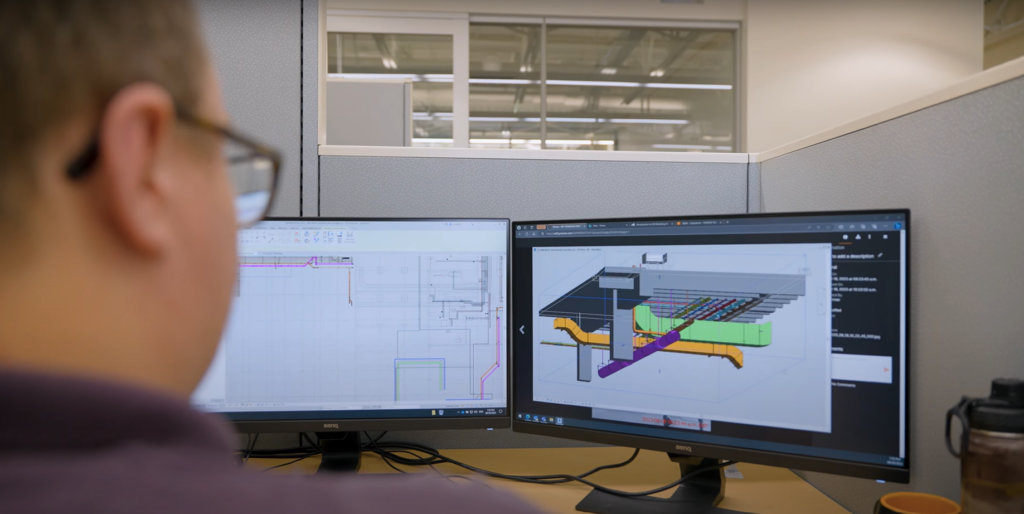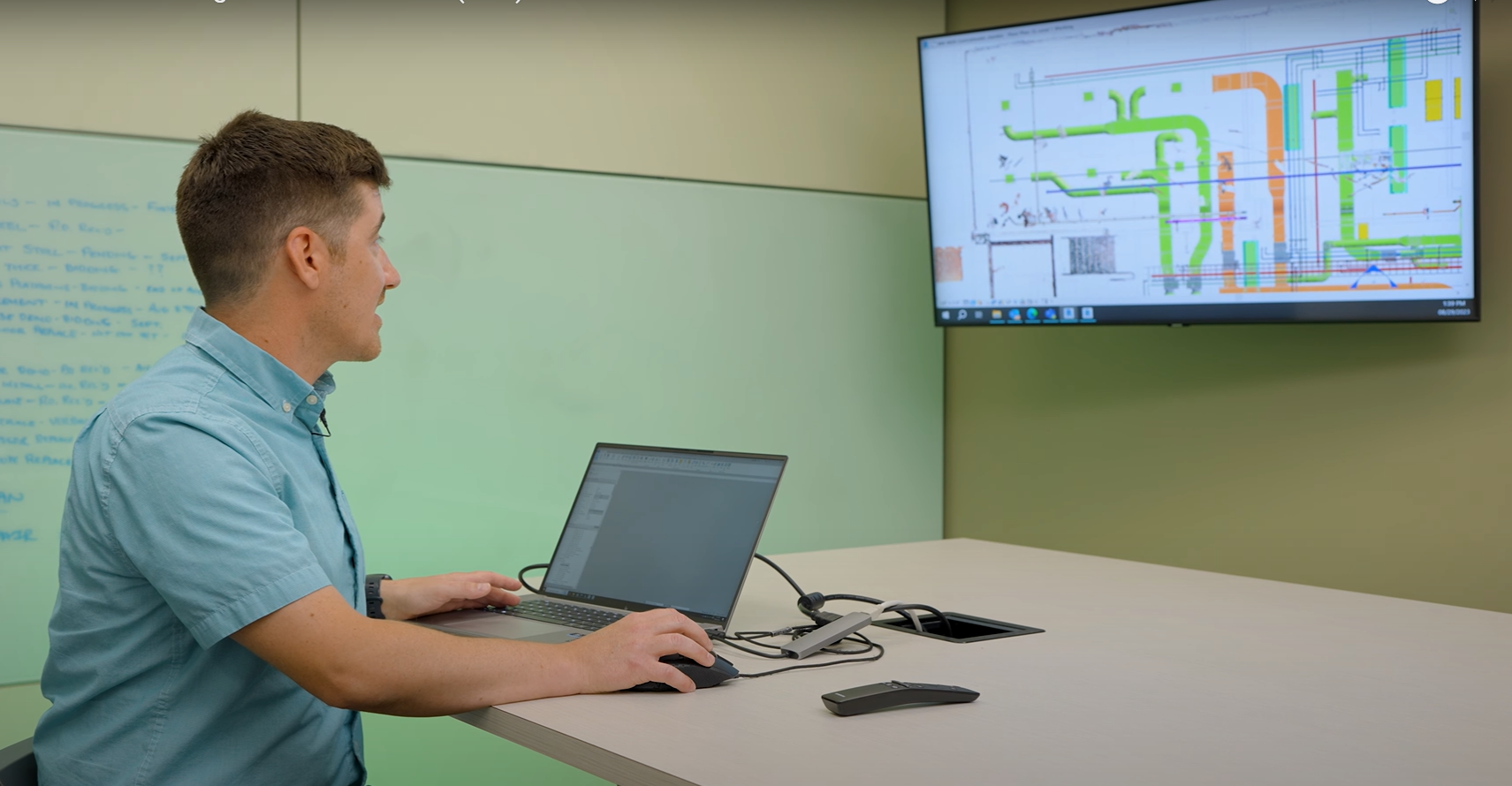Modular construction, or prefabricated or off-site construction, is redefining the way we work and build. This method of building construction incorporates the assembly of premanufactured components, or modules, in a structured factory setting. After manufacturing, the modules are transported to the construction site for assembly. The modules are designed and prepared to fit together on site to build the final structure.
The modular construction process involves several essential steps:
1. Design and Planning
The structure is designed with a construction plan in mind that considers modular components.
2. Factory Construction
Components and modules are assembled in a contained factory environment with a focus on precision and quality control.
3. Transportation
Once completed, the modules are transferred safely to the construction site. Depending on the project location and module size, they will be transported using trucks, trains, or ships.
4. On-Site Assembly
The modules are combined and assembled on-site. The process is efficient and faster than traditional construction as the parts were assembled in the factory. This process is typically faster than traditional construction methods due to premanufactured components.
5. Completion
After assembling the modules, final components such as electrical and plumbing connections, interior finishes, and exterior detailing are completed.
Modular construction is a sustainable and efficient alternative to conventional building methods that are being implemented into projects ranging from single homes to larger commercial buildings. This new practice in the construction industry has numerous benefits to all parties involved.
The advantages of modular construction include:
Time Efficiency
– Projects can be completed more efficiently as construction work occurs simultaneously off-site in the factory and on-site.
Cost Efficiency
– The controlled factory environment cuts costs through reduced material waste and improved efficiency.
Quality Control
– Strict quality control measures are enforced in the factory to create higher-quality finished products.
Flexibility
– Modular construction adapts to the building and can be used for residential, commercial, or industrial projects.
Reduced Disruption
– Disruptions are expected with traditional construction methods, but modular construction focuses on efficiency and quality control to reduce on-site delays.

By constructing modules off-site and assembling them at the final construction site, there are cost savings, reduced timelines, and enhanced quality control. Modular construction is a modern and efficient method for various types of construction projects. Now, continued focus on environmental sustainability, efficiency, and cost-effectiveness is contributing to the advancement of modular construction as it expands and grows to become an industry-wide practice.
Learn more about Black & McDonald’s focus on Modular Construction by reaching out to our team at [email protected]


